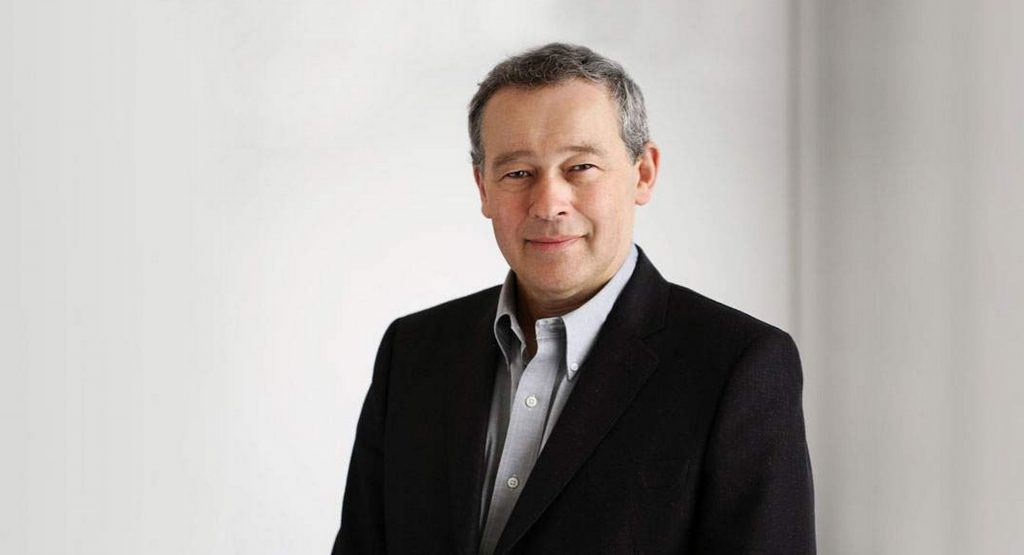Lucid Motor’s CEO Peter Rawlinson collected over $260 million in performance based awards last year just before the company’s stocks sank by two-thirds.
The remunerations were based on about 13.8 million time-based units of stock, which were awarded to Rawlinson by the Lucid board in March 2021 that vest over four years starting at the end of 2021, as well as 16 million performance-based stock units, which the company valued at more than $500 million in a filing on Thursday, per Bloomberg.
The electric vehicle startup began trading publicly in July and by November had reached a market capitalization of $91 billion and its prices remained high for six months. That allowed Rawlinson to collect on four out of five tranches, despite share prices then taking a dive as a result of supply chain issues.
Read Also: Unions Call Stellantis CEO’s $70 Million Paycheck In 2021 “Indecent And Revolting”
In all, his vested performance stock is worth $263 million at Thursday’s closing price. The CEO can still collect on 2.1 million more performance-based units if Lucid’s value rises to more than $70.5 billion and remains there for six months. If he stays at the company for the next four years, he stands to gain even more.
The reason that Rawlinson hasn’t yet received all of the shares he stands to is, in part, because the company announced in February that it would be slashing production in 2022. Rawlinson said at the time that the company would build around 13,000 vehicles this year, instead of the 20,000 units it originally intended to and share prices have fallen as much as 67 percent since hitting their peak.
The CEO’s pay is surprising given the size of the company. When investors claimed that Stellantis’ CEO Carlos Tavares made more than $70 million in 2021, French union officials called the figure, also made up of stock options, “indecent and revolting.”
Analysts say that the figure points to a wider trend in which American companies offer CEOs large grants of stock that are tied to ambitious share-price targets. The challenge for boards now is to find a way to balance incentives for both short and long-term success.






